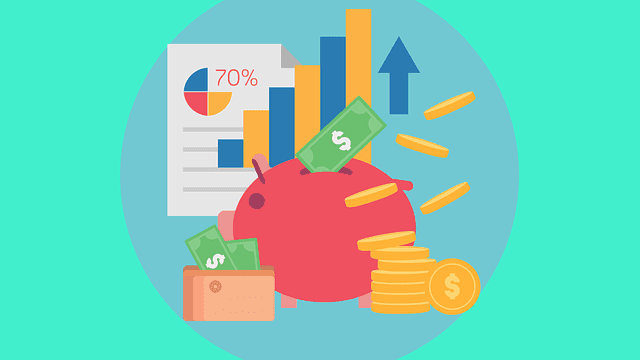When you have a family, budgeting becomes hugely important. It’s important even if you live by yourself, but when you have other people to think of, and they rely on you to manage everyday expenses, it becomes crucial.

Yet setting up a budget can be difficult. There’s a lot to think about and many different aspects to consider. With that in mind, here are some handy hints about setting up a family budget, that might help you.
Set Financial Goals
Setting up a budget, might seem a little unnecessary to begin with. But in reality, a budget is there, not just to manage your money and stop you from spending too much. It’s a reminder to put some money aside too. Of course, if you don’t know why you’re saving, it can be hard to be motivated to make the effort.
This is why it’s important to set financial goals. These could be anything, from saving for college, to having a good retirement fund, to buying a house, and so much more. Whatever the goal is, if it’s foremost in your mind, then saving – through budgeting – will become a lot easier, as you’ll be mindful of cutting back and not spending impulsively, like you used to.
Get Out of Debt
Saving is a good habit and it’s something that everyone should do more of. But there is something that is even more important. It’s a short-term issue (in many cases), and when it’s done, you’ll eventually have a lot more money and financial freedom to save even more. We’re talking about paying off your debts.
The very first thing you need to do if you want to set up a family budget, is to think about how much you can pay down your debts each month. Paying more than the minimum required and having a good plan in place to reduce debts quickly, perhaps with the help of a wealth management firm, means that you can deal with the arrears and start saving once they’re paid off. You’ll have a lot more money and you’ll feel a weight lifted from your shoulders.
Plan For Emergencies
When you’re arranging a family budget, you should consider your essential outgoings, your total income, and what’s left over. The left-over money can be split into categories; savings, ‘fun money’, and your emergency fund.
The emergency fund might seem like just another way of saving money, and ostensibly that is correct. However, this should be separate from your main savings account and solely used for emergencies. Perhaps your car breaks down, or your boiler malfunctions, or you have a speeding fine to pay. Rather than dipping into your main savings account and depleting it, which can be demoralizing and potentially stop you from saving any more money – you can use your emergency fund. As long as you keep it topped up, this can be very useful and ensure that every other element of your budgeting, stays on track.
